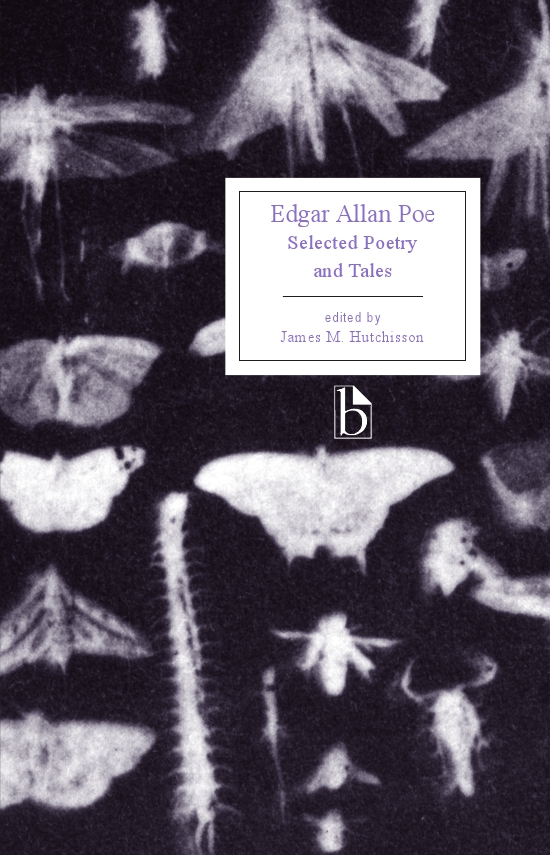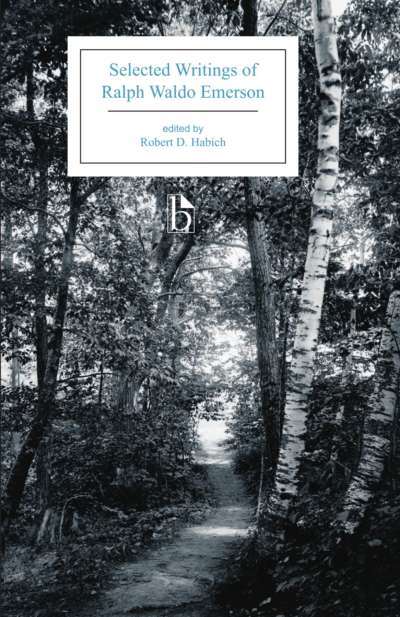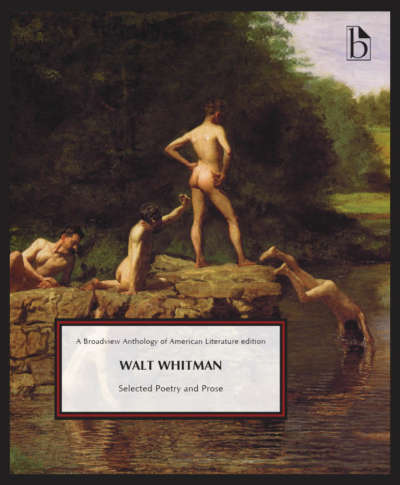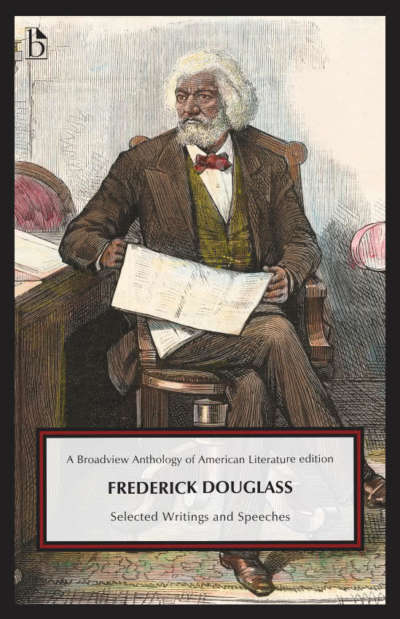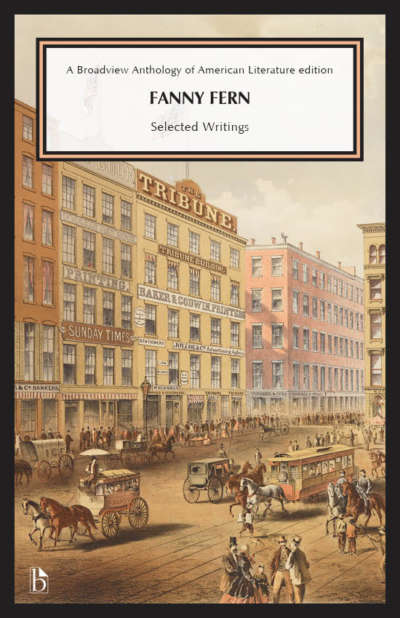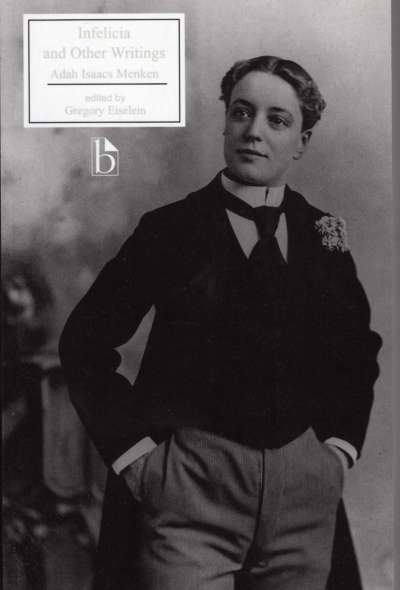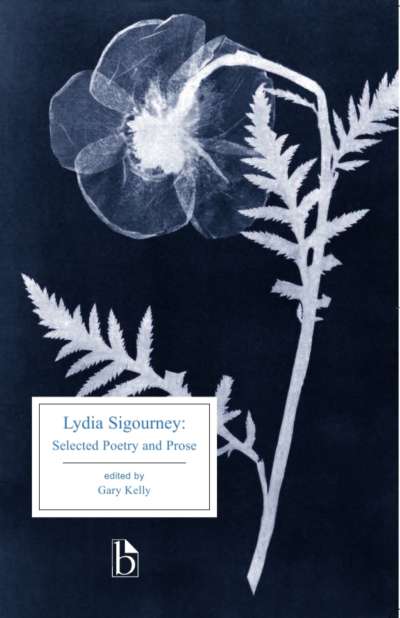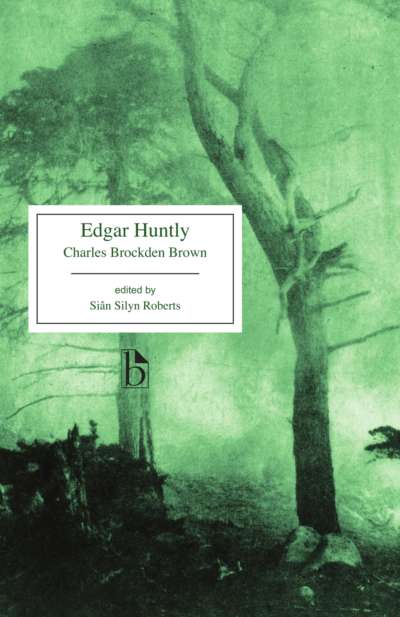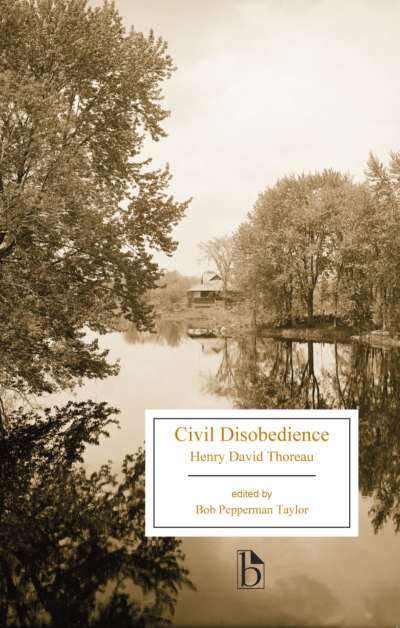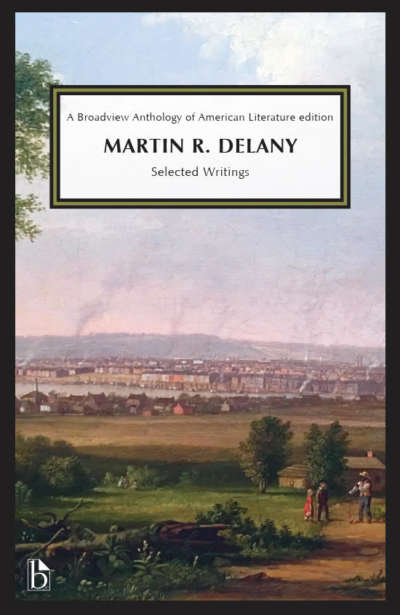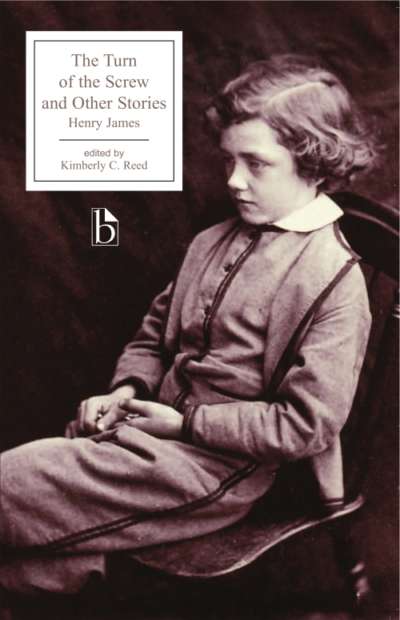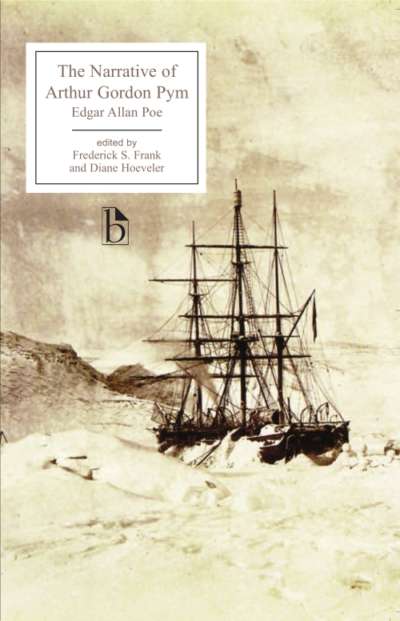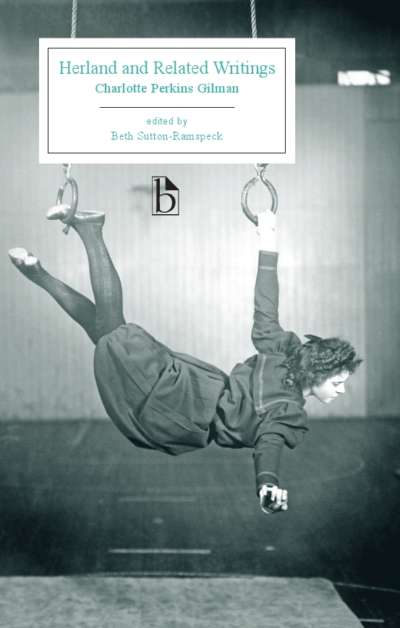
Edgar Allan Poe’s stories and poems are among the most haunting and indelible in American literature, but critics for decades persisted in seeing Poe as an anomaly, or even an anachronism. His works, with their bizarrely motivated characters and mysterious settings, did not seem to be a part of the literature of early nineteenth-century America. Critics realize now, though, that Poe was even more a part of the contemporary American literary scene than many of his more “nationalistic” peers, and that in much of his work Poe was making commentaries on slavery and Southern social attitudes, technology, the urban landscape, political economy, and other subjects.
This Broadview Edition includes a selection of Poe’s poems, tales, and sketches in such diverse modes of writing as tales of the supernatural and psychic conflict, satires and hoaxes, science fiction and detective fiction, and nonfiction essays on literary and social topics. These are supplemented by a selection of contextual documents—newspaper and magazine articles, treatises, and other historical texts—that will help readers understand the social, literary, and intellectual milieus in which Poe wrote.
Comments
“Carefully selected, expertly edited, and judiciously annotated, James M. Hutchisson’s Broadview Edition makes an excellent introduction to Poe’s imaginative and critical writings. Though intended for classroom use, this exciting new edition will appeal to all readers who wish to deepen their appreciation of Edgar Allan Poe, the ‘bad boy’ of American literature.” — Kevin Hayes, University of Central Oklahoma
“Edgar Allan Poe: Selected Poetry and Tales brilliantly represents the best scholarly material on Poe, delivered in an accessible, conversational tone that will appeal to students. The contents run the gamut from Poe’s notorious and imaginative horror tales to his literary criticism. Moreover, James M. Hutchisson has included examples of Poe’s science fiction stories, detective tales, and the oft-overlooked satires. Instructors and students alike will benefit from this edition’s introduction, timeline, footnotes, and appendices, which help to place Poe within his literary and social timeframe, a consideration too often neglected.” — Amy Branam, Frostburg State University
Acknowledgements
Introduction
Edgar Allan Poe: A Brief Chronology
A Note on the Texts
POETRY
Tamerlane (1827)
Sonnet—To Science (1829)
[Alone] (1829)
Romance (1829)
The City in the Sea (1831)
Israfel (1831)
The Sleeper (1831)
Lenore (1831)
To Helen (1832)
Dream-Land (1844)
The Raven (1845)
A Valentine (1846)
Ulalume—A Ballad (1847)
The Bells (1848)
Annabel Lee (1849)
For Annie (1849)
Eldorado (1849)
TALES
Metzengerstein (1832)
MS. Found in a Bottle (1833)
Loss of Breath (1835)
Berenice (1835)
Morella (1835)
King Pest (1835)
How to Write a Blackwood Article (1838)
A Predicament (1838)
Ligeia (1838)
Silence—A Fable (1838)
The Man That Was Used Up (1839)
The Fall of the House of Usher (1839)
William Wilson (1839)
The Man of the Crowd (1840)
Philosophy of Furniture (1840)
A Descent into the Maelström (1841)
The Murders in the Rue Morgue (1841)
The Masque of the Red Death (1842)
The Pit and the Pendulum (1842)
The Oval Portrait (1842)
The Tell-Tale Heart (1843)
The Black Cat (1843)
The Purloined Letter (1844)
“Thou Art the Man” (1844)
The Imp of the Perverse (1845)
The Facts in the Case of M. Valdemar (1845)
The Cask of Amontillado (1846)
Hop-Frog (1849)
Appendix A: Social and Historical Contexts
- Death and Bereavement
- From Joseph Taylor, The Dangers of Premature Interment (1816)
- From Washington Irving, Biography and Poetical Remains of the Late Margaret Miller Davidson (1841)
- Pseudo-Sciences and Scientific Inquiry
- From Sir David Brewster, Letters on Natural Magic (1832)
- From J.G. Spurzheim, Phrenology; or, The Doctrine of Mental Phenomena (1833)
- From Poe’s Review of Robert Montgomery Bird’s Sheppard Lee (1836)
- From Chauncey Hare Townshend, Facts in Mesmerism (1840)
- Fantastic Journeys
- From [John Cleves Symmes, Jr.], Symzonia: Voyage of Discovery by Captain Adam Seaborn (1820)
- From [Richard Adams Locke], “Great Astronomical Discoveries,” New York Sun (26 and 27 August 1835)
- The South and Slavery
- From Poe’s Commentary on Lucian Minor’s An Address on Education (1835)
- From [Nathaniel Beverley Tucker’s] Review of J.K. Paulding’s Slavery in the United States and William Drayton’s The South Vindicated from the Treason and Fanaticism of the Northern Abolitionists (1836)
- From Poe’s Review of James Russell Lowell’s A Fable for Critics (1849)
Appendix B: Literary Contexts
- The Gothic and Its Trappings
- From Sophia Lee, The Recess (1783)
- From William Godwin, Things As They Are; or, The Adventures of Caleb Williams (1794)
- From Charles Brockden Brown, Wieland; or, The Transformation (1798)
- [William Maginn], “The Man in the Bell” (1821)
- Nathaniel Hawthorne, “The Prophetic Pictures” (1837)
- Gallows Narratives and Urban Exposés
- Charles Dickens, “A Madman’s Manuscript” (1836)
- Washington Irving, “An Unwritten Drama of Lord Byron” (1835)
- From George Lippard, The Quaker City; or, The Monks of Monk-Hall (1844)
- Theories of Poetry
- From A.W. Schlegel, “Lecture XI” (1815)
- From Samuel Taylor Coleridge, Biographia Literaria (1817)
Appendix C: Poe on Writers and Writing
- On Poetry
- “Letter to B——” (1831)
- “The Philosophy of Composition” (1846)
- On Other Poets
- On Thomas Moore (1840)
- On Henry Wadsworth Longfellow (1842)
- On Elizabeth Barrett Browning and Percy Bysshe Shelley (1845)
- On Frances Sargent Osgood (1846)
- On the Tale
- From a Review of Charles Dickens’s Watkins Tottle (1836)
- From a Review of Edward Bulwer-Lytton’s Night and Morning (1841)
- From a Review of Nathaniel Hawthorne’s Twice-Told Tales (1842)
- On Magazine Editing, Reviewing, and the Literary Scene
- From a Review of Joseph Rodman Drake’s The Culprit Fay and Fitz-Greene Halleck’s Alnwick Castle (1836)
- “Exordium to Critical Notices” (1842)
- “Some Secrets of the Magazine Prison-House” (1845)
Select Bibliography
James M. Hutchisson is Professor and Director of Graduate Study in English at The Citadel in Charleston, South Carolina.


